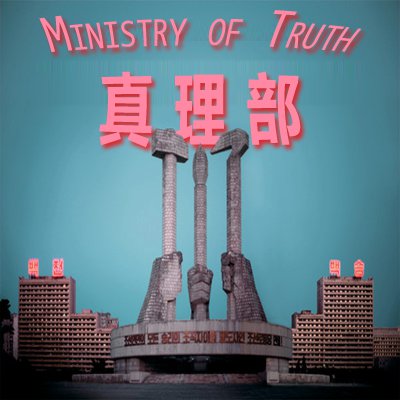The following censorship instructions, issued to the media by government authorities, have been leaked and distributed online. The name of the issuing body has been omitted to protect the source.
Concerning the vaccine incident, each website front page can only post official copy. Other content must uniformly be kept on back [less prominent] pages. Do not post special topic pages, do not link to old news, and comments attacking the system must be deleted. (July 25) [Chinese]
In recent days, parents have held protests against faulty vaccines after pharmaceutical companies were found to have distributed hundreds of thousands of tainted vaccines for diphtheria, tetanus and whooping cough. Javier C. Hernández reports for The New York Times:
The protesters, standing outside the offices of the National Health Commission, called for stricter oversight of China’s drug industry, according to interviews with parents and images posted on social media. Holding a banner showing photos of children, the demonstrators rejected assurances by Chinese leaders that the issue was under control.
“The problem is not solved,” He Fangmei, the mother of a 2-year-old girl, said in a telephone interview after the protest. “Our concerns have not been addressed.”
[…] The protests on Monday, coupled with an outpouring of anger on social media in recent days, suggested that many parents were having doubts about allowing their children to be injected with vaccines made in China. [Source]
7月30日上午,大批假疫苗受害者家属在国家卫生健康委员会门口进行抗议! pic.twitter.com/DT3lpGAXpj
— 夏秋年 (@yishiweijian) July 30, 2018
Rebecca Tan reports for the Washington Post on why the recent scandal has sparked such a heated response:
But on July 20, when reports of Changsheng’s violations emerged, they quickly went viral on Chinese social media. Despite apparent attempts to censor posts about the scandal, a hashtag on the issue had been read more than 600 million times by Monday, Reuters reported.
Pundits and media outlets began describing the incident as the worst public-health scandal in years, and Chinese Premier Li Keqiang released a statement vowing to crack down on lawbreakers. On Monday, Chinese President Xi Jinping took time during a state tour through Africa to address the situation, calling it “appalling.”
The explosive reaction from citizens has surprised some analysts, especially given that regulatory violations are neither new nor rare in China’s scandal-ridden pharmaceutical industry. Experts say one reason this violation has struck a chord is that it threatens what many Chinese value more than anything else: their children.
[…] While people are angry at “every part of this chain,” Chen said, they are growing particularly bitter at regulatory bodies and government leaders who have a poor record of keeping companies in line. Posts on Sina Weibo, China’s equivalent of Twitter, pointed out that the Chinese premier made similar vows to clean up the pharmaceutical industry after another vaccine scandal two years ago. [Source]









